Are You Sleeping? Is it ADHD, Depression, Anxiety, or a Sleep Disorder?
Posted on February 24, 2010 by Debra Burdick
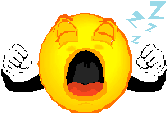 Do you or your child toss and turn at night and experience daytime sleepiness? Have you or your child been diagnosed with ADHD, depression, or anxiety. Fifty percent of children in a recent study that had been diagnosed with ADHD had difficulty sleeping. They felt tired on awakening, had nightmares, sleep apnea, restless leg syndrome, trouble getting up in the morning, and significant daytime sleepiness. And stimulant medications further impaired their ability to sleep.
Do you or your child toss and turn at night and experience daytime sleepiness? Have you or your child been diagnosed with ADHD, depression, or anxiety. Fifty percent of children in a recent study that had been diagnosed with ADHD had difficulty sleeping. They felt tired on awakening, had nightmares, sleep apnea, restless leg syndrome, trouble getting up in the morning, and significant daytime sleepiness. And stimulant medications further impaired their ability to sleep.
Research shows that some form of sleep disruption is present in nearly all psychiatric disorders. For over 20 years, clinical studies have suggested the existence of a relationship between depression and a sleep disorder called Obstructive Sleep Apnea (OSA). Up to twenty percent of all patients presenting with a diagnosed depressive syndrome may also have OSA, and vice versa. 1
And sleep apnea has also been associated with an increased risk of anxiety and panic attacks. Anxiety can be the cause of sleeping problems, and conversely, the results of a recent study suggest that people with chronic insomnia are at high risk of developing an anxiety disorder. That’s because a lack of sleep stimulates the part of the brain most closely associated with depression, anxiety, and other psychiatric disorders.
Sometimes it is difficult to determine which came first, the sleep disturbance or the depression, anxiety, or ADHD. It can seem like a viscous cycle. Depression can cause insomnia and insomnia can cause depression. Anxiety can cause people to have difficulty falling or staying asleep. ADHD can cause problems falling asleep. And in reverse, their poor sleep quality may be making their condition worse.
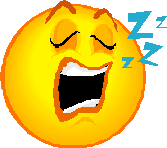 Snoring can result in poor sleep which may lead to attention problems the next day. A study involving 5- to 7-year-olds found that snoring is significantly more common among children with mild ADHD than it is in the general population. And in another study, children who snored were almost twice as likely as their peers to have ADHD. Children who snore perform significantly worse on tests of attention, language, and overall intelligence. Some studies have shown that taking out the tonsils and adenoids may result in better sleep and improved behavior without the need for medications for ADHD.2
Snoring can result in poor sleep which may lead to attention problems the next day. A study involving 5- to 7-year-olds found that snoring is significantly more common among children with mild ADHD than it is in the general population. And in another study, children who snored were almost twice as likely as their peers to have ADHD. Children who snore perform significantly worse on tests of attention, language, and overall intelligence. Some studies have shown that taking out the tonsils and adenoids may result in better sleep and improved behavior without the need for medications for ADHD.2
Snoring may be an indication that Obstructive Sleep Apnea (OSA) is present. Clinically, Obstructive Sleep Apnea is suspected when a patient presents with excessive daytime sleepiness and sometimes, but not always, snoring. OSA is characterized by decreases or pausing in breathing while asleep. An accompanying decrease in blood oxygen level and/or arousal from sleep is present as well. The prevalence of OSA is higher in men than in women and its prevalence increases with age. In children, the prevalence of OSA has been estimated to be 2–8%. Between the ages of 30 to 65 years, 24% of men and 9% of women had OSA. Among adults over 55 years of age, 30–60% met the criteria. In a population of community-dwelling older adults, 70% of men and 56% of women between the ages of 65 to 99 years have evidence of OSA.1 There is also an increase in OSA with obesity.
In children, the most common cause of obstructive sleep apnea is enlarged tonsils and adenoids in the upper airway. This has increased with the decline in tonsil removal that has taken place over the past twenty years. Allergies may also contribute to obstructive airway problems.
Sleep apnea is diagnosed by doing a sleep study. To have a sleep study, a person spends a night at a sleep study center with EEG electrodes attached to their head and other sensors measuring respiration and heart rate. By watching the person and changes in the raw EEG as well as other sensors while the person sleeps, the sleep technician can tell if sleep apnea is present. If so, typically the person is fitted with a Continuous Positive Airway Pressure (CPAP) device that keeps the airway open during sleep. Other treatment options include weight loss, change in sleeping position, and sometimes surgery – particularly if the tonsils or adenoids are the culprit.
The medical director at a sleep center recently told me about a study where sleep experts were unable to accurately diagnose sleep apnea simply by watching people sleep. Only when a sleep study was done was an accurate diagnosis able to be made.
Action
Find out if you (or your child) have sleep apnea
- Visit areyou-sleeping.com to do a self assessment of your sleep
- Visit your primary care doctor or a pulmonary sleep disorder specialist
- Get a sleep study if appropriate
- Follow recommendations based on the results of your sleep study
Improve Sleep
- Talk with your doctor about medications and timing of medications taken for ADHD, depression, anxiety, or sleep
- Eliminate caffeine which increases arousal, anxiety, and sleeplessness
- Eat a small amount of protein before bed
- Establish a routine with specific bedtimes, waking times, meals
- Avoid sleep medications or wean off them with a doctor’s supervision
- Address medical problems such as allergies, asthma, swollen tonsils, and pain
- Get plenty of exercise
- Take a hot bath before bedtime
- Lose weight if OSA is being caused by obesity
- Wear a CPAP to treat obstructive sleep apnea
- Elminate TV and computers from the bedroom
- Get a comfortable, supportive bed and pillow
- Eliminate noise
- Get room darkening shades
http://www.annals-general-psychiatry.com/content/4/1/13
http://www.webmd.com/add-adhd/guide/adhd-sleep-disorders
I would love to hear your personal experiences with this topic.

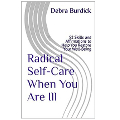
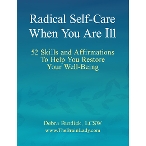
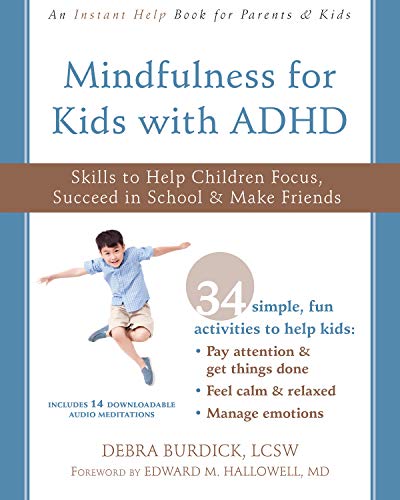
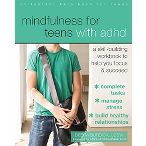
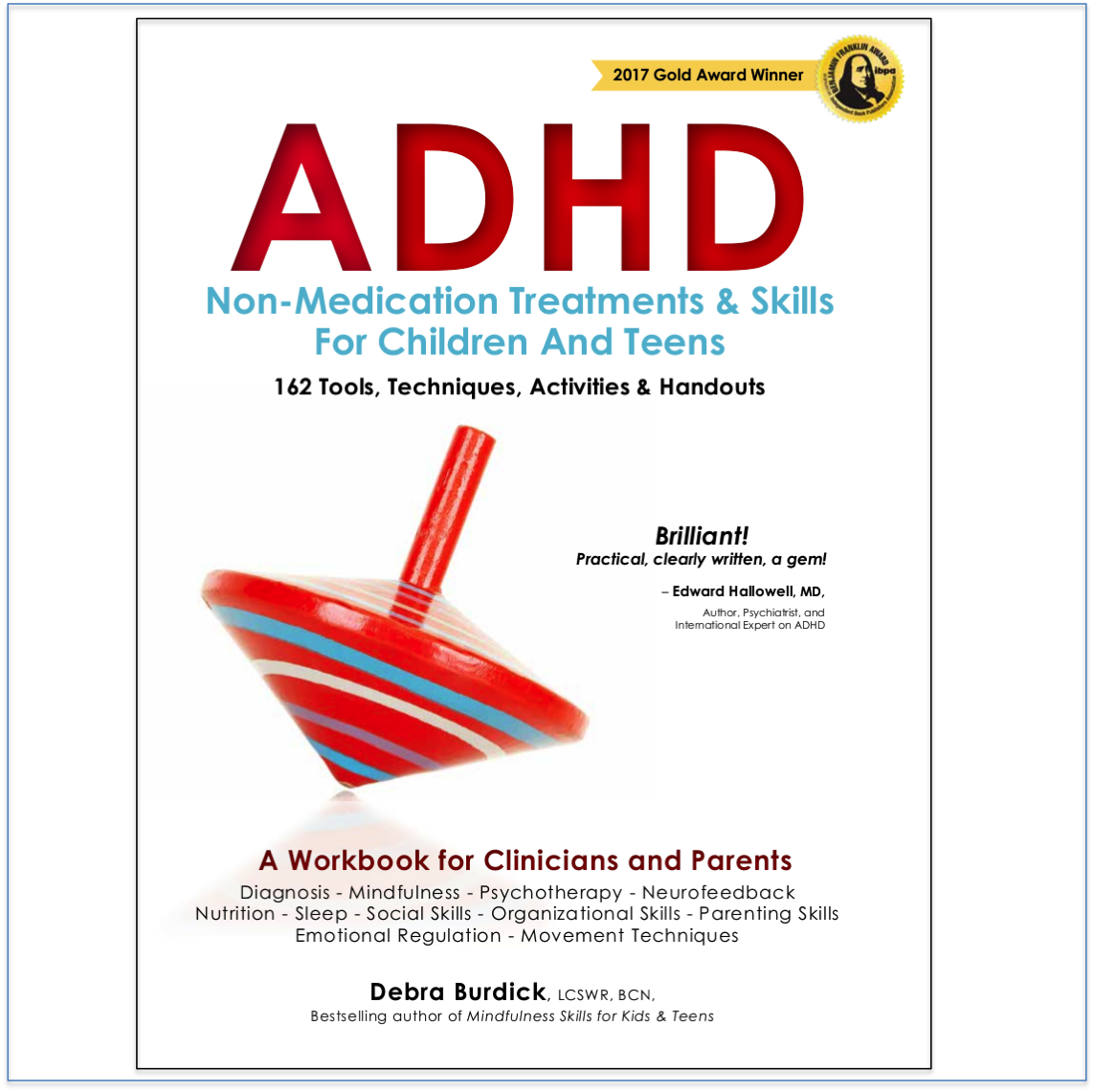
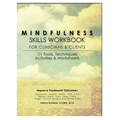
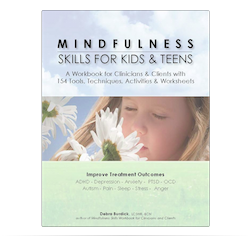
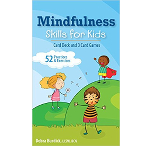
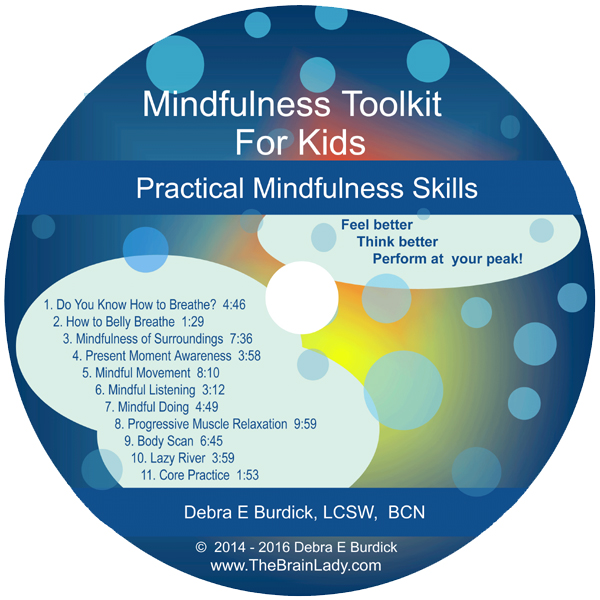
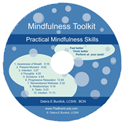
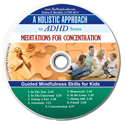
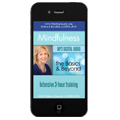
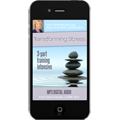
No comments yet. You should be kind and add one!
The comments are closed.